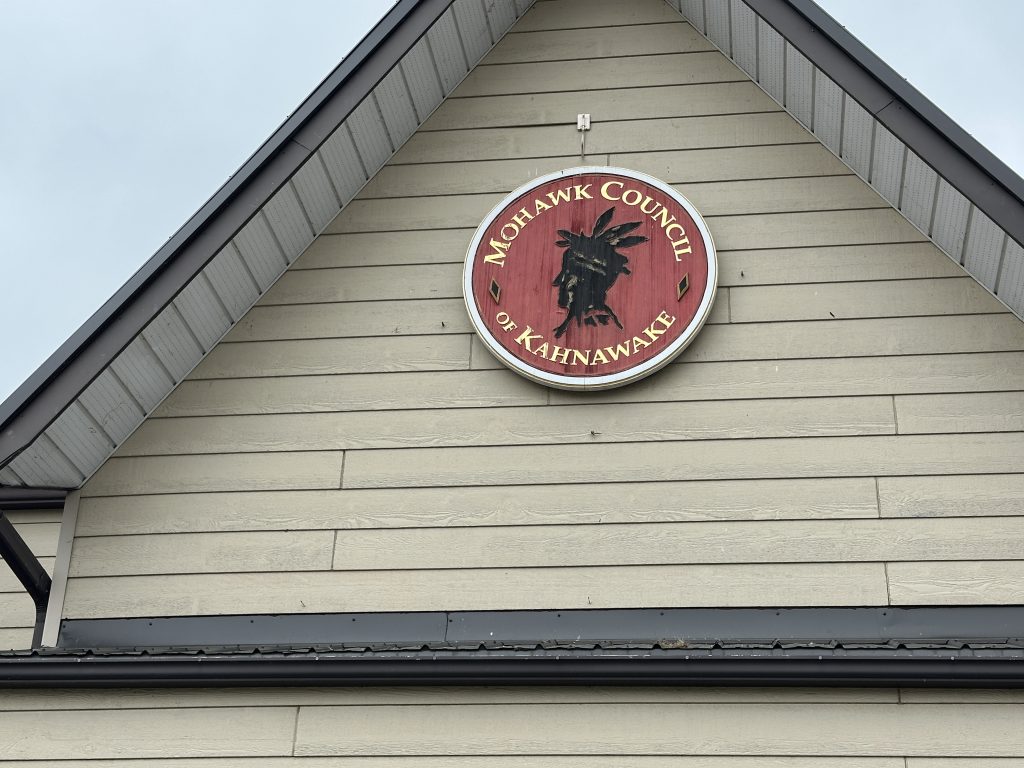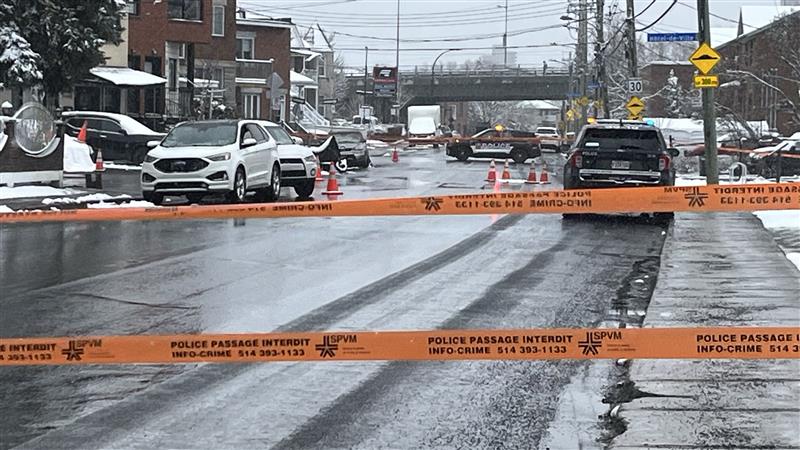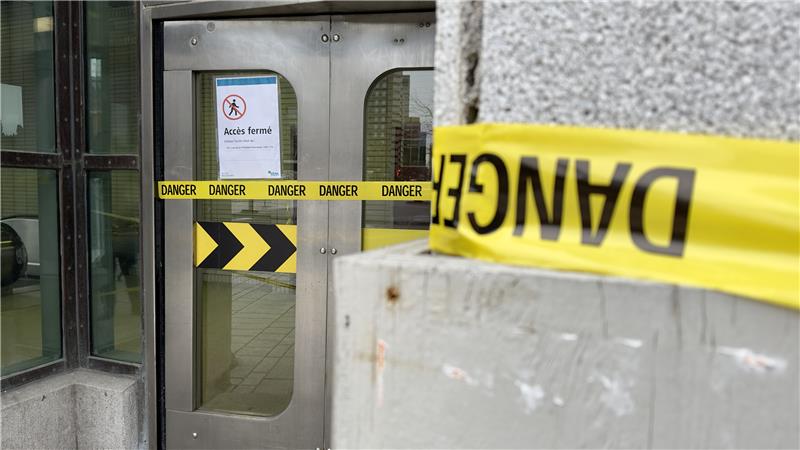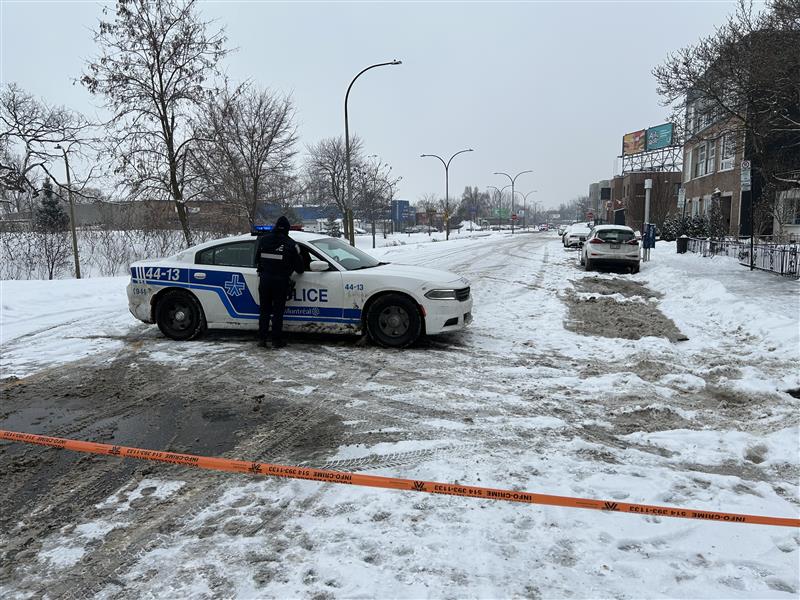Montrealers battle potholes as city begins repair work

Posted March 2, 2025 10:56 am.
Last Updated March 2, 2025 3:09 pm.
With fluctuating weather conditions – temperatures above zero one day and below it another – potholes are starting to appear all over Montreal, and they’re frustrating many drivers.
“Honestly, I don’t understand. I know we pay a lot of taxes, and I don’t know where they go, but those holes are so big that, literally, sometimes I think about taking my fishing rod and just sitting there, fishing. I’m sure I could catch something there,” said one Montrealer.
“They’re so big that I’m sure a lot of people ruin their cars, ball joints, and all that. I hear stories nonstop,” he added.
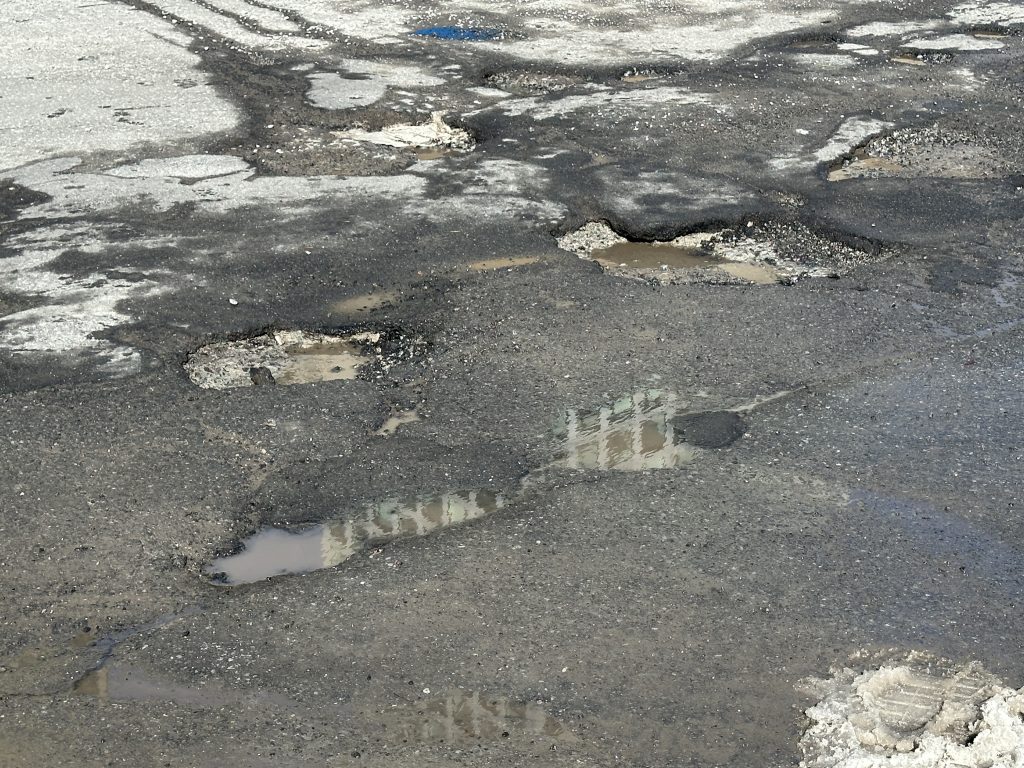
Although the swing in major temperatures causes some potholes to form, heavy machinery and trucks on the road, such as snowplows, can take a toll, especially since we’ve seen many during the snow loading operations.
“It’s pothole season. They’re back. They’re everywhere. It happens every time the temperature goes above zero degrees,” said David Marcille, spokesperson for CAA-Québec.
Marcille explains that in 2021, a Canadian study calculated the costs of road conditions on vehicles. The Canadian average was $126 per vehicle per year. In Quebec, however, that cost was nearly double—$258. With inflation and the rising cost of living, he says they can only imagine that this number is now higher, adding that this highlights the fact that Quebec may have the worst road infrastructure in the entire country. He adds that unfortunately, it keeps getting worse every year, despite the government’s investment in infrastructure, simply because of years of neglect. He says that now we’re trying to catch up, but it never seems to be enough.
“We would need to spend $20 billion to put up the whole infrastructure in the entire province. But then the budget that was announced last year is to put $30 billion over the course of 10 years. So that number, I said, $20 billion, is always getting bigger and bigger every year. So you see how we’re always catching up,” he said.

With many frustrated, Marcille says he believes the city is hard at work.
“It’s a delicate subject because I’m sure the cities are doing the best they can with all the equipment and all the challenges they’re facing, especially with the weather. There could be better coordination between the different services. Sometimes they will patch the road, and then public services need to dig up that road that was just recently done. So, perhaps better coordination, but the city’s working very hard to really allow citizens to drive on safer surfaces,” he said.
“Our road system is very old. The average age in Québec is around 40 years old. So we have old infrastructures. We have snow. We have freezing temperatures. Those conditions are very rough on the roads. We have very heavy equipment to remove the snow. So really, our roads, they have it tough. And the potholes, they just appear everywhere. They have to keep up between snow-loading operations, potholes failing also. So they have to dispatch their stuff accordingly to the weather, the priorities as well. So it’s a challenge for the city. And they’re working hard for that.”
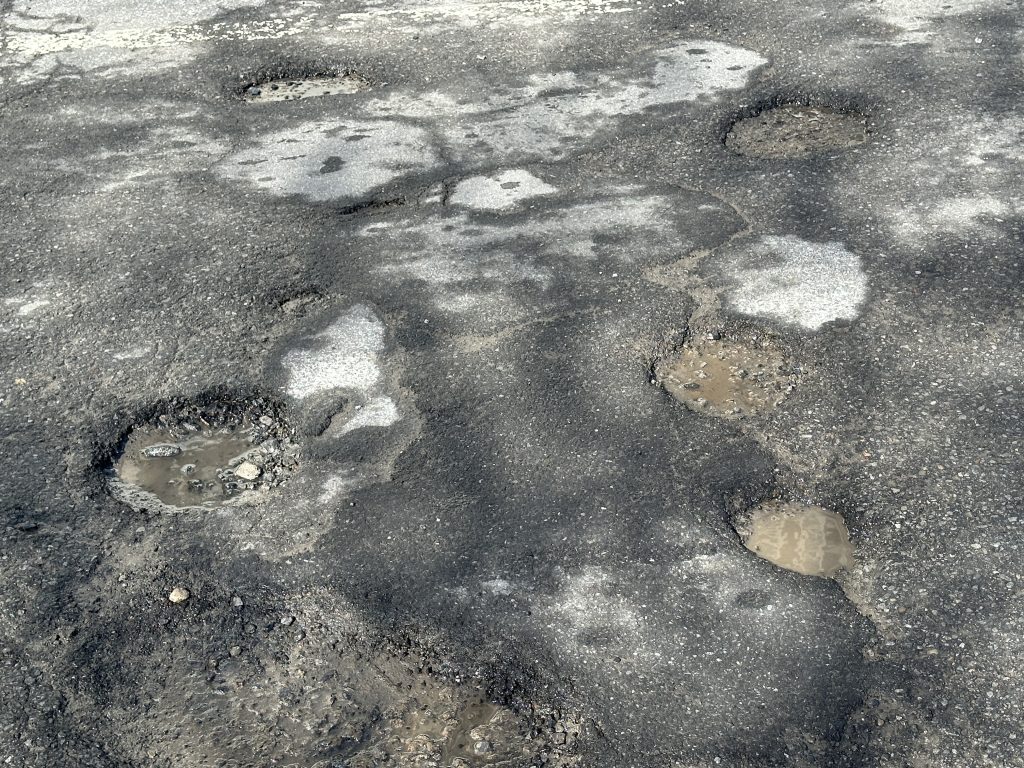
Marcille explained that potholes are a danger for car owners, as they can damage your vehicle, as well as for cyclists and pedestrians.
“It can go really to any element of your suspension, your tires, your mags. Unfortunately, the cost of repairs has been increasing in the past years, just following the general cost of living.”
“The potholes are terrible. I actually grew up in Toronto, and I can tell you, for a Canadian city, Montreal has some of the worst potholes. They’ve got to do something,” expressed one Montrealer.
“Honestly, it’s ridiculous. It’s worse than in Africa, honestly,” said another Montreal
“The city has to do something. Because every time I go to change the oil, etc., in my car, I always have to replace the tires, so I pay for that. I pay because the city doesn’t do its job. I’m sorry for the city, but that’s the reality,” she added.
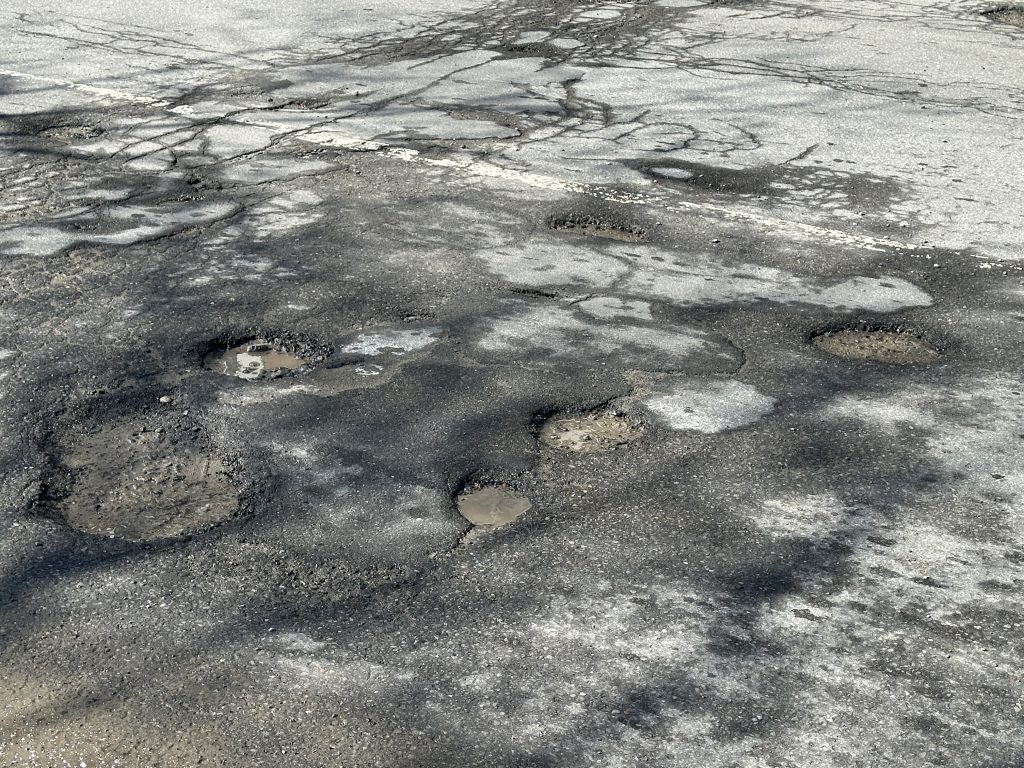
Marcille explained that when it comes to damage caused by a pothole, the government or the city—whoever is responsible for the road—cannot be held liable for damage to your suspension, tires, or mags, unless you can prove there was neglect on their part. This means they must have been aware of the pothole but failed to fix it. He adds that you also have a very limited time to file your claim, and you need strong evidence, making it very difficult to get your money back.
He explained that for insurance, if you damage your car in a pothole, it’s not usually recommended to file a claim if the amount is below $1,000.
“You’ll see your insurance costs rising in the next few years, and it’s not worth it, also with the deductible. So it’s usually an out-of-pocket expense. It’s unfortunate. It costs a lot to damage your car in a pothole.”
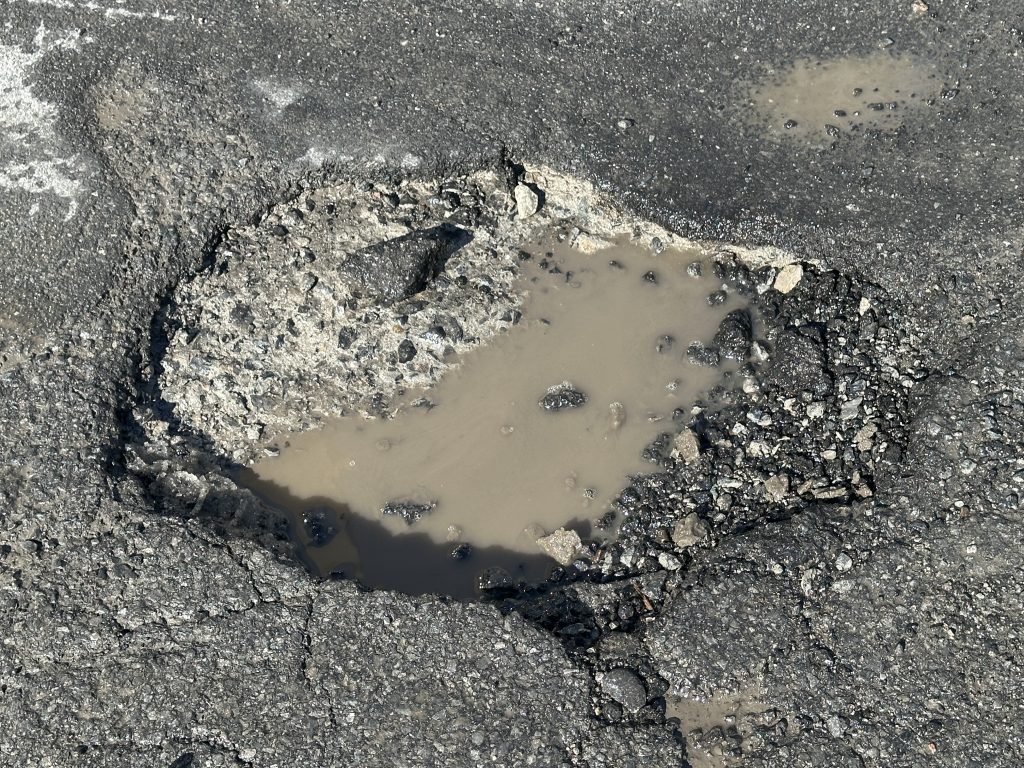
Spokesperson for the City of Montreal, Philippe Sabourin, says that in the last two weeks, nearly 200,000 trucks were used in the snow removal operation, which he describes as ‘rude for the asphalt.’ He says the City hears citizens concerns and will take action on it.
He adds that the city has many potholes but doesn’t know how many, as they don’t have the numbers yet.
As for repairing potholes, Sabourin says they have eight trucks used for the job; these trucks are called the Python 5000. They also have blue-collar workers handling the repairs manually.
“Each of them can fill as much as 300 potholes a day. Only on Wednesday, they filled as much as 2,500 potholes. So, we’re concerned. We act. We’re taking all the measures in order to fill those crazy holes as soon as we can. But we’re asking everyone to be patient.”
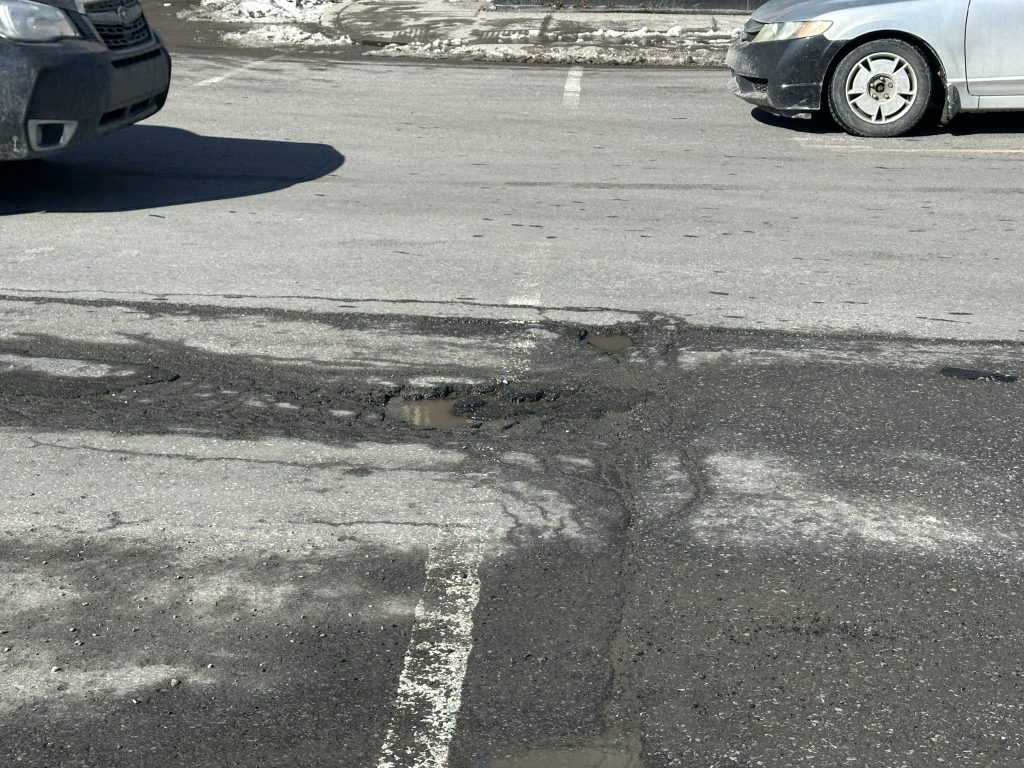
He also added that at this point, there is no need to call 311 because they are aware of the situation, and calls should only be made in case of an emergency.
Sabourin expressed that, to catch up on potholes, they need to maintain construction work sites. In fact, if the asphalt is in good condition—without cracks or holes—it helps avoid potholes. He adds that this is why it’s so important to continue construction work during the summer. He acknowledged that while it’s painful, it’s also painful to deal with the potholes.
“If you go on the street that was repaired a few months or a few years ago, I’m pretty sure there are no potholes there,” he said.
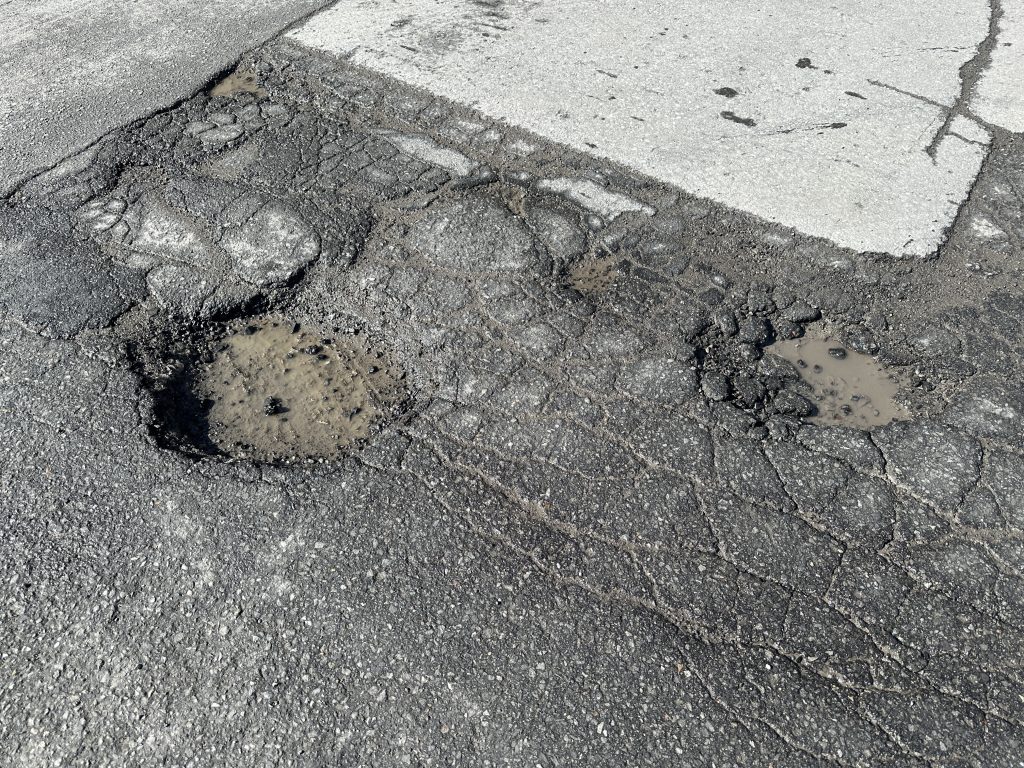
He explained that potholes form when water infiltrates the soil, and with fluctuating temperatures, the water freezes, expanding in volume. Then, when temperatures warm up, the surface collapses. He added that they are aware of the pothole issue and have a budget of $2.5 million for emergency repairs. They also plan to invest $600 million over the next 10 years for scarification and replacement with fresh asphalt.
“Each of the potholes we’re filling are located using GPS. During the spring, we have an accurate knowledge of the state of our streets. So, when we see that there are a lot of potholes in the same area, we plan repaving construction work. To catch up on potholes, we need our streets to be in better state. We need to continue our efforts to repave our streets. This is how, in the long term, we will win the fight against the potholes.”
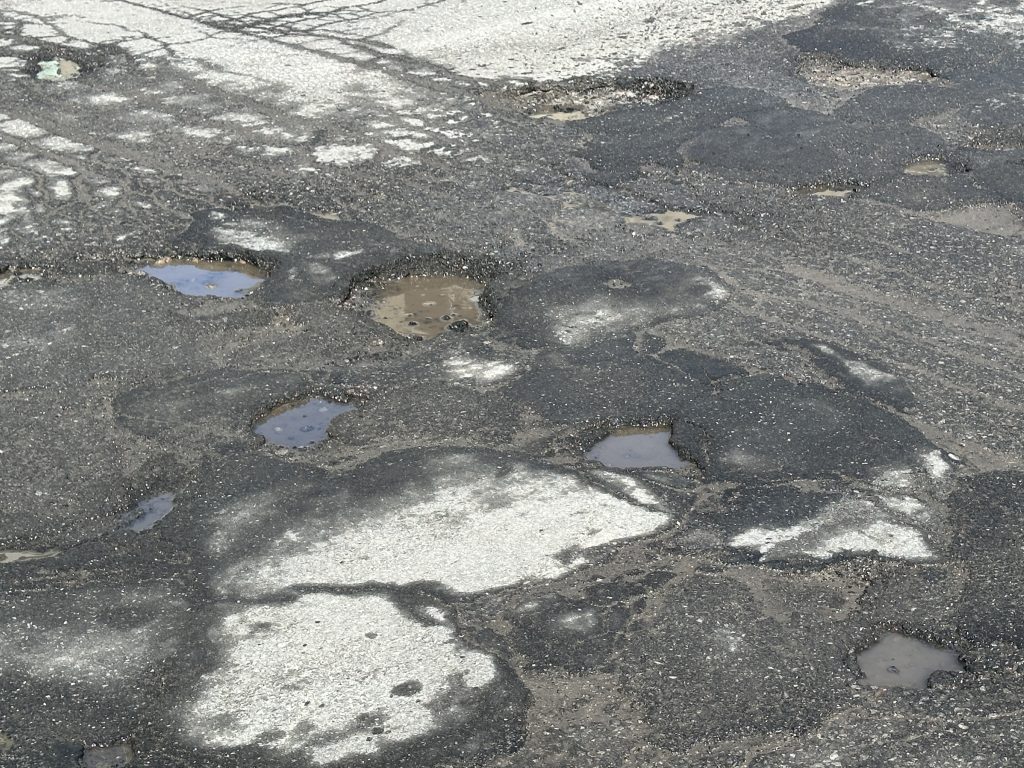
He says that every time we have wet asphalt or snow covering the asphalt, it’s almost impossible to fill the potholes. He adds, “Mother Nature would help if she stops sending us snowfall.”
He says that people, especially drivers, must be aware of the potholes and that it takes time to fill them all.
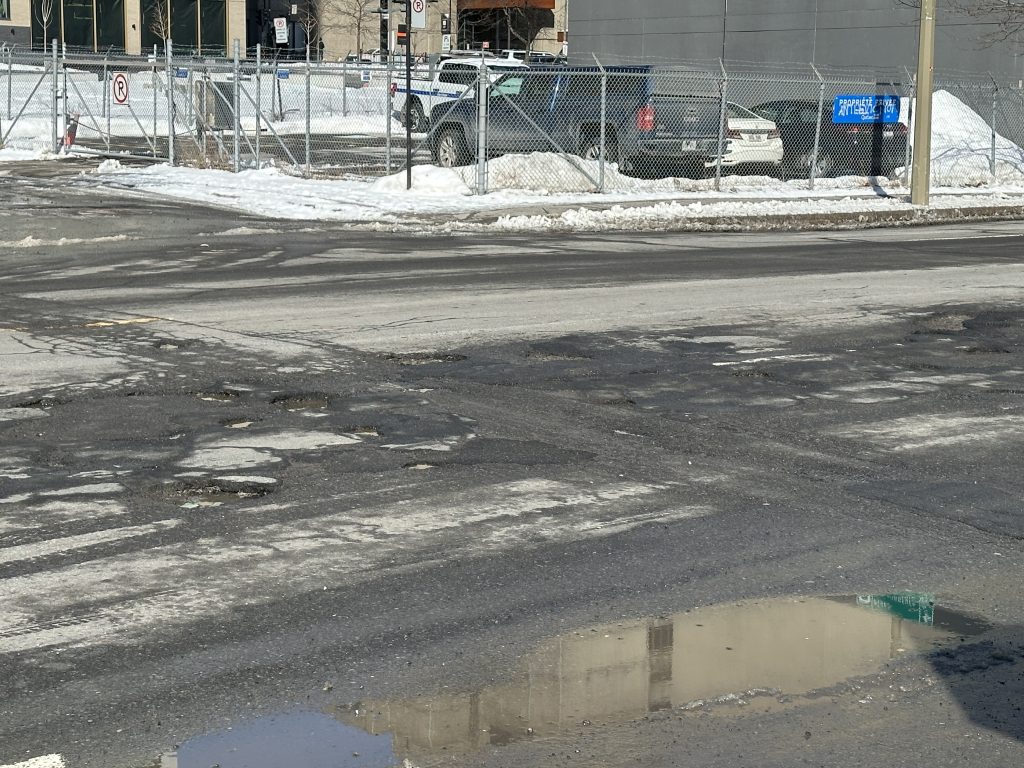
Sabourin advises drivers to slow down, avoid the potholes if it’s safe, and never, ever brake on a pothole.
Marcille says CAA-Québec is launching its Worst Road campaign, marking the 10th anniversary of the campaign this year. They invite citizens to vote for what they consider to be the worst road in Québec. The campaign will be launched in April, as usual. The goal is to give citizens a voice so they can urge the government and leaders to improve the road system, making it safer, since a worst road can also include dangerous intersections.
